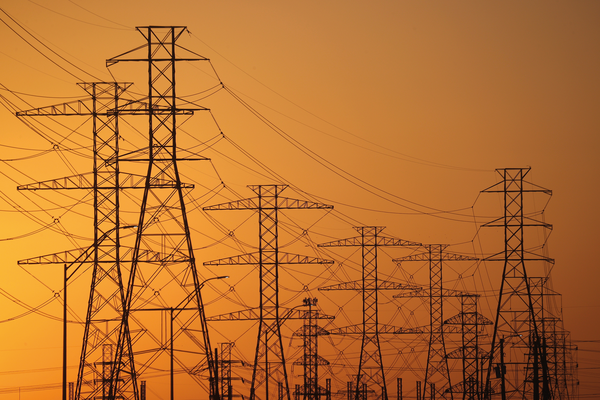Nigeria’s power sector is facing a fresh crisis as gas producers begin cutting supplies to power plants over an outstanding ₦5.6 trillion debt owed to generation companies (GenCos). The development has heightened fears of nationwide blackouts and further instability of the national grid.
Dr. Joy Ogaji, Managing Director of the Association of Power Generation Companies (APGC), confirmed the situation in an interview, warning that the liquidity crisis in the sector has spiralled out of control. She disclosed that between January and August 2025 alone, an additional ₦1.6 trillion debt was added to the backlog, pushing the total arrears to ₦5.6 trillion.
According to her, about 60 per cent of GenCos’ revenues go to gas producers, meaning that the debt directly undermines fuel supply for power generation. With suppliers already reducing deliveries, she warned, electricity output could soon collapse further. “Gas suppliers have already started reducing supply. There are critical maintenance works on our machines, spares to purchase, and other creditors who are no longer willing to wait for payments. They now prioritise those who pay them promptly,” she said.
The warning comes just days after another nationwide grid collapse plunged the country into blackout, with only partial restoration bringing generation back to about 4,000 megawatts. Several power plants remain unable to operate at full capacity, underscoring the fragility of the system.
Dr. Ogaji recalled that on July 25, President Bola Tinubu held a meeting with GenCos to address debts estimated at ₦4 trillion at the time. The President appealed for patience while the government verified the claims and approved, in principle, a ₦4 trillion bond programme to settle the arrears. Nearly two months later, she said, there has been no follow-up engagement with the companies.
GenCos also expressed concern about the government’s plan to settle debts with promissory notes and bonds, saying the details remain unclear. They warned that such instruments carry risks including interest rate exposure, foreign exchange volatility, and refinancing challenges, which could worsen the sector’s financial position.
“The market structure is incompatible with Nigeria’s growth ambitions. No substantial private sector investment will flow into this sector unless urgent reforms are implemented. Only the Federal Government, in collaboration with NBET and NERC, can unlock these challenges,” Ogaji said.
She added that GenCos’ monthly invoices average ₦270 billion, but only about ₦70 billion is paid, leaving ₦200 billion outstanding every month. She faulted the ₦900 billion budgeted for the power sector in 2025, describing it as inadequate and without proper cash backing.
Efforts to obtain comments from the Minister of Power, Adebayo Adelabu, were unsuccessful, as his spokesman did not respond to calls or messages. Meanwhile, the Transmission Company of Nigeria confirmed that generation has recovered to nearly 4,000 megawatts, though many plants are still running below capacity.
Industry stakeholders warn that unless the Federal Government urgently addresses the liquidity crisis and debt overhang, Nigeria’s electricity sector could slide into deeper collapse, with dire consequences for homes, businesses, and the broader economy.

